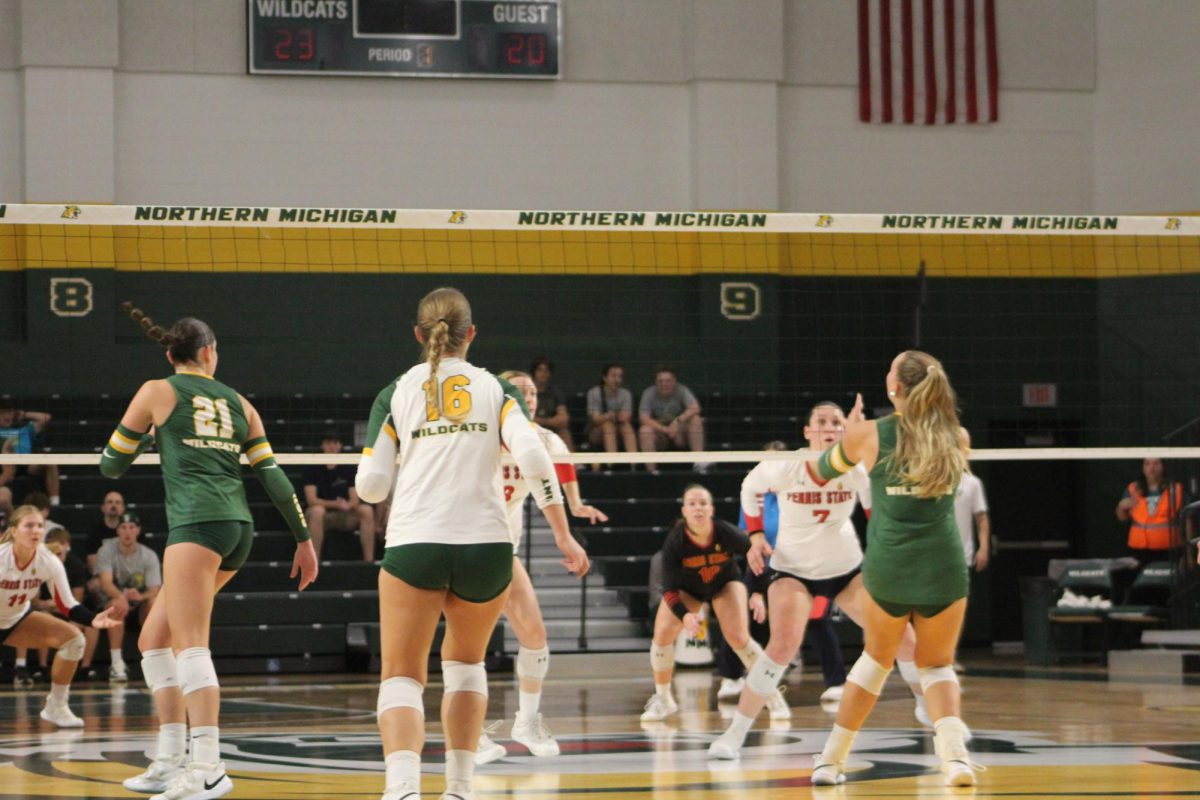On Monday morning, an era in Detroit Tigers’ history came to a close as manager Jim Leyland stepped down after eight seasons in the dugout. In a press conference, Leyland said “the fuel was starting to get low” and that he would be “accepting another position” and “[will] retire a Tiger”.
It’s unbelievable to think it’s already been eight years since Tigers baseball went from a mediocre laughingstock to what it is today, and no one person could be credited with this turnaround as much as Jim Leyland. The man arrived to take over a team that was 20 games under .500 the season prior and flipped them into one of the most memorable athletic teams perhaps of all time.
What other team could provide what the 2006 Tigers could? From Craig Monroe’s late inning homers, to Nate Robinson’s “gum time”, to the simple pleasure of watching a baseball team that had the opportunity to beat any team in Major League Baseball, Leyland not only brought a new coaching system and tough, old-fashioned style to the Tigers, but upon his arrival every Tigers fan watched as the attitude and hype surrounding the team changed drastically for the better.
The 2006 Tigers squad was the first to have that appeal. It was obvious from the demeanor and enjoyment in the eyes of the players whenever the camera zoomed in on them that there was a genuine enjoyment and emotion felt by the players and coaches alike, which simply didn’t exist without Leyland. Even now, with the feeling surrounded the Tigers one of expectation instead of hopes, that attitude still exists. Despite the fact that it’s been so long since the unlikely but lovable band of ragtag players meshed together to form a World Series team, the spark the squad shares is obvious, and it arrived with Leyland.
The grizzled veteran skipper led his team in one of the most old-fashioned styles of managing still alive in baseball anywhere. His disdain for overcomplicating things, seen in the almost nonexistent base stealing numbers and often questionable pitching changes proved to be exactly what the Tigers needed to go from an afterthought year in and year out to a perennial juggernaut.
And yet, despite the transition the Tigers underwent, despite the boom of popularity and big names brought in to have the honor to carry on the legacy that comes with putting on a Tiger uniform, Leyland existed as one of the constants. His presence wasn’t as loud as outspoken managers Bobby Cox’s or Ozzie Guillén, but it was certainly as large, if not larger, day in and day out in Comerica Park and beyond.
Something about Leyland was simply intriguing. Every broadcast involved at least twice as many takes of Leyland’s emotionless face chewing on sunflower seeds resting his arm on the railing of the dugout in contrast to the opposing team’s manager. Leyland’s presence demanded it, though it was obvious he couldn’t care less who the attention was on, he always focused primarily on winning, and that’s when his true emotion showed.
Both American League pennants, the three division crowns, the playoff clinching victories, after every significant game over the course of the last eight seasons, Leyland’s passion didn’t stay contained behind his rough exterior. The joy of the taste of victory was never lost on the skipper, as his youth seem to be immediately restored when the celebrations began.
He had a passion for success, and a contagious one at that, and through all of the memorable moments Tigers fans have had the privilege to be spoiled with over eight short seasons, none held the same impact as when Leyland lost his ability to contain his emotions.
Dave Dombrowski, the President of the Tigers, stated what has seemed to be a thought all Tigers fans have had in the last couple of days, that “these last eight years have been a memorable time for the Detroit Tigers organization under Jim’s leadership on the field. We will miss him a great deal in the dugout and on the field.”
Despite the constant calls for his job year in and year out by a hopefully very vocal minority of Tigers fans, Dombrowski was very spot on.
Leyland left a legacy in Detroit that rivals that of former managers Hughie Jennings, Steve O’Neill, and Sparky Anderson. He brought a completely different attitude than what was previously instilled in the words “Tigers baseball”, with his emotionless thousand yard stares and small but intimidating posture ever-present and never changing, hanging slightly over edge of the railing of the dugout. Come opening day next season, Tigers baseball won’t be quite the same without him.























